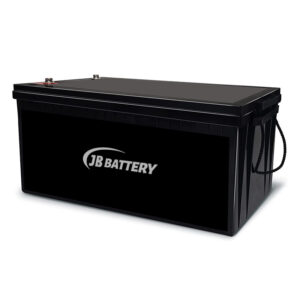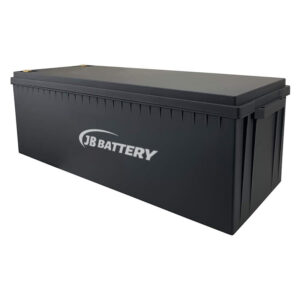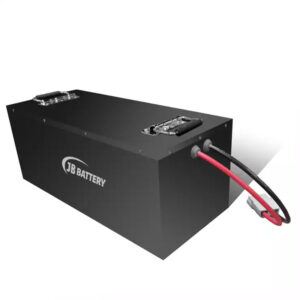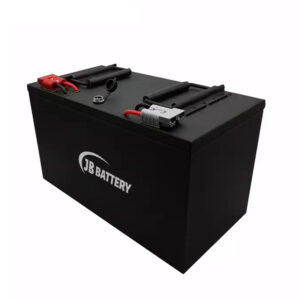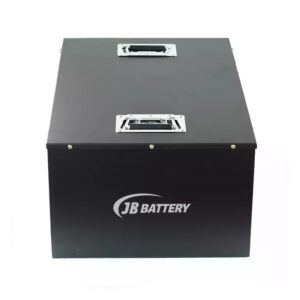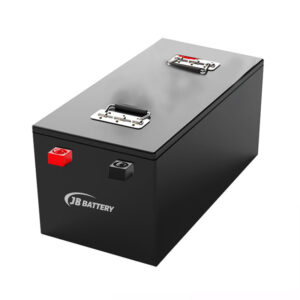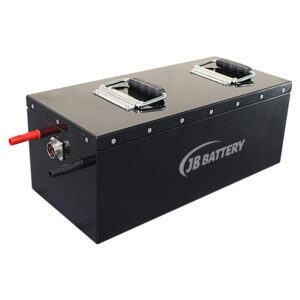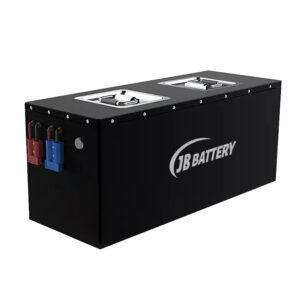LifePo4 Lithium Ion Golf Cart Battery Guide From China Deep Cycle Lithium Ion Battery Manufacturer And Supplier
The golf cart battery is a central part of any golf cart, and it’s important to know as much as you can about them in order to keep your golf cart running smoothly. In this guide, we’ll cover everything you need to know about golf cart batteries, from the different types available to how to take care of them and common issues you might encounter. We’ll also tell you how much golf cart batteries cost, so you can be prepared for any eventuality. So, stay tuned to become an expert about all things golf cart battery related!
Types of Batteries
Inside your cart, you will find it uses several batteries to run – the amount of batteries required depends on the cart’s voltage. Depending on the make and model of the golf cart, as well as how it is used, golf carts usually come with one of three types of batteries: lead-acid, AGM, or lithium ion.
Lead-Acid Batteries
Lead-acid batteries are the most common batteries available and have been the standard on carts for many years. You will commonly also see these batteries listed as “flooded lead-acid batteries.” They are also the most affordable batteries on the market. The lead plates on the batteries are in a sulfuric acid solution, making a chemical reaction to store the battery’s energy in.
Lead-acid batteries are the heaviest out of all the options, and also require routine maintenance to run properly.
AGM Batteries
AGM batteries are very similar to lead-acid batteries, but they are a sealed variation. Standing for Absorbed Glass Mat, there are electrolyte saturated fiberglass mats that hold the lead plates in place. Because of this, your AGM batteries do not need to be refilled periodically, nor do they leak. They have a higher price point than standard flooded lead-acid batteries thanks to needing less maintenance, and generally having a slightly higher power output than lead-acid batteries.
Lithium Ion Batteries
Lithium ion batteries are a newer technology that is quickly becoming the preferred choice for golf cart owners. Lithium ion batteries are more expensive than lead-acid batteries, but they offer a number of advantages in terms of performance and maintenance. They are one of the most stable forms of lithium ion batteries around!
Battery Maintenance
Lead-acid batteries require the most maintenance for optimal performance, while lithium ion batteries actually require no maintenance.
One of the most important parts of maintaining your lead-acid batteries is to make sure they have the proper amount of water inside. Routinely check the water level in your battery, topping it off with water when the level starts getting low. Additionally, you will want to keep the battery terminals clean and free of debris and corrosion. You can do this by wiping the battery down with a damp cloth when you start noticing this buildup.
Keep an eye on your battery when it is charging, because you do not want to overcharge it. Continual overcharging of the battery will actually lead to a shortened battery life, which means you will need to replace it sooner.
Common Battery Issues
Sometimes, things may go wrong with your cart’s batteries. Before you start to panic when something seems off, keep in mind that many of these issues may have a fix. Some of the most common issues with your cart’s batteries include:
Battery Smell While Charging
Occasionally, you may notice that your golf cart’s battery has started emanating a foul odor when charging. It may smell like eggs, sulfur, burning, or something else. Each smell may have a different cause, varying in severity.
Foul smell: Your battery will release a hydrogen-sulfide gas during its first charges, which may last for the first ten charges. This is not the only gas in the battery, many of which may have a less than pleasant odor. If your battery continues to smell charge after charge, you may want to check and see if it is leaking anywhere.
Rotten egg smell: The sulfur gas from the batteries is likely the cause of the rotten egg smell. If you smell this, it is likely that the cart is leaking sulfuric acid – which is not a good thing. Make sure you bring your cart in for maintenance. If it is not leaking, your battery may be caused by dried up electrolytes.
Burning smell: The golf cart battery may smell like burning for a few different reasons. The most common is that the battery has run out of electrolytes or water, and thus produces a smell similar to that of burning plastic. If this is not the case, the smell may be due to poor wiring on the battery.
There are several other smells that may come from your cart’s battery when something goes wrong.
Battery Making Noise While Charging
Some of the noises that your battery may make while charging include a gurgling or bubbling sound. While this may seem scary at first, it is actually rather common. These noises come from the presence of gasses inside the battery, and are more common during the first fifteen to twenty cycles. You may need to add more water to the battery to help the electrons get into the lead. Once this is done, the bubbling will get quieter, but will not completely go away.
However, if your battery starts making a hissing or popping sound, this is usually the sign of an issue. Sometimes, the batteries will make a boiling sound as well. You will want to be careful during this situation, as you do not want the batteries to boil over and spill. This will only cause further issues.
Cart Not Holding Charge
Has your golf cart’s battery stopped holding a charge? We know how frustrating this can be, especially when you are not near your charger. There are a few different causes of your cart’s battery draining rapidly. Some of the main causes are:
· Loose terminal connections
· Low water level
· Faulty voltage regulator
· Dead battery cells
· Overcharging your battery often
JB BATTERY offers high performance LiFePO4 lithium batteries for golf cart , which are lasting longer, weigh up to 80% less than Lead-Acid batteries, and require zero maintenance.



